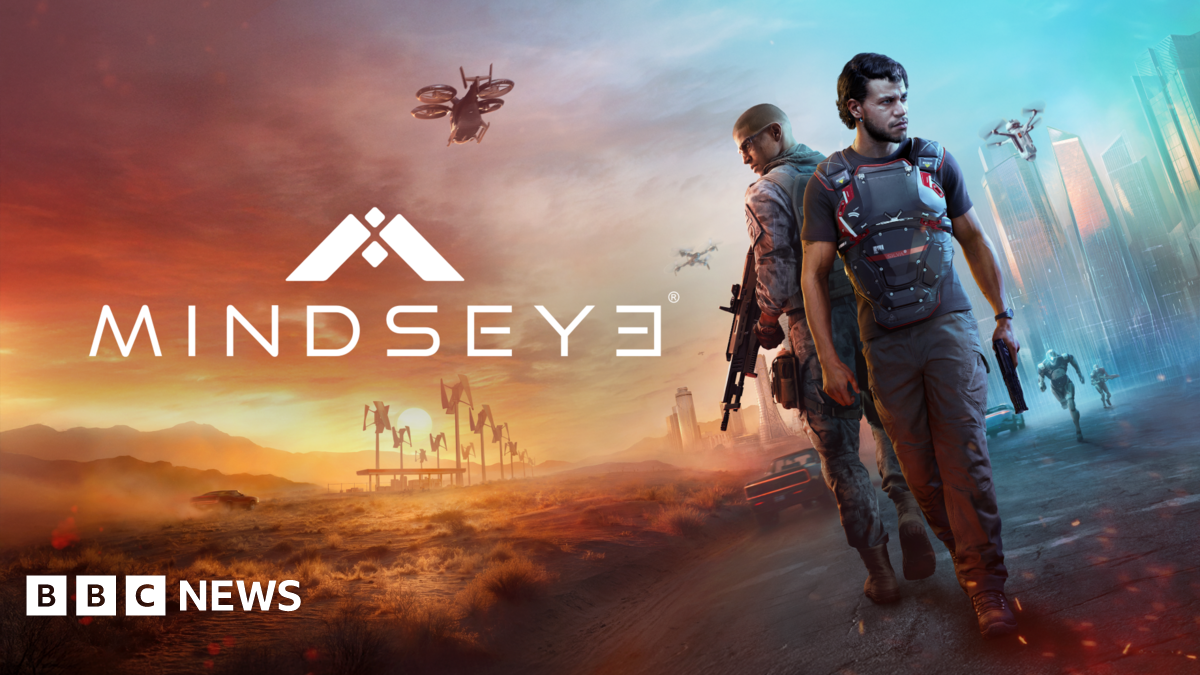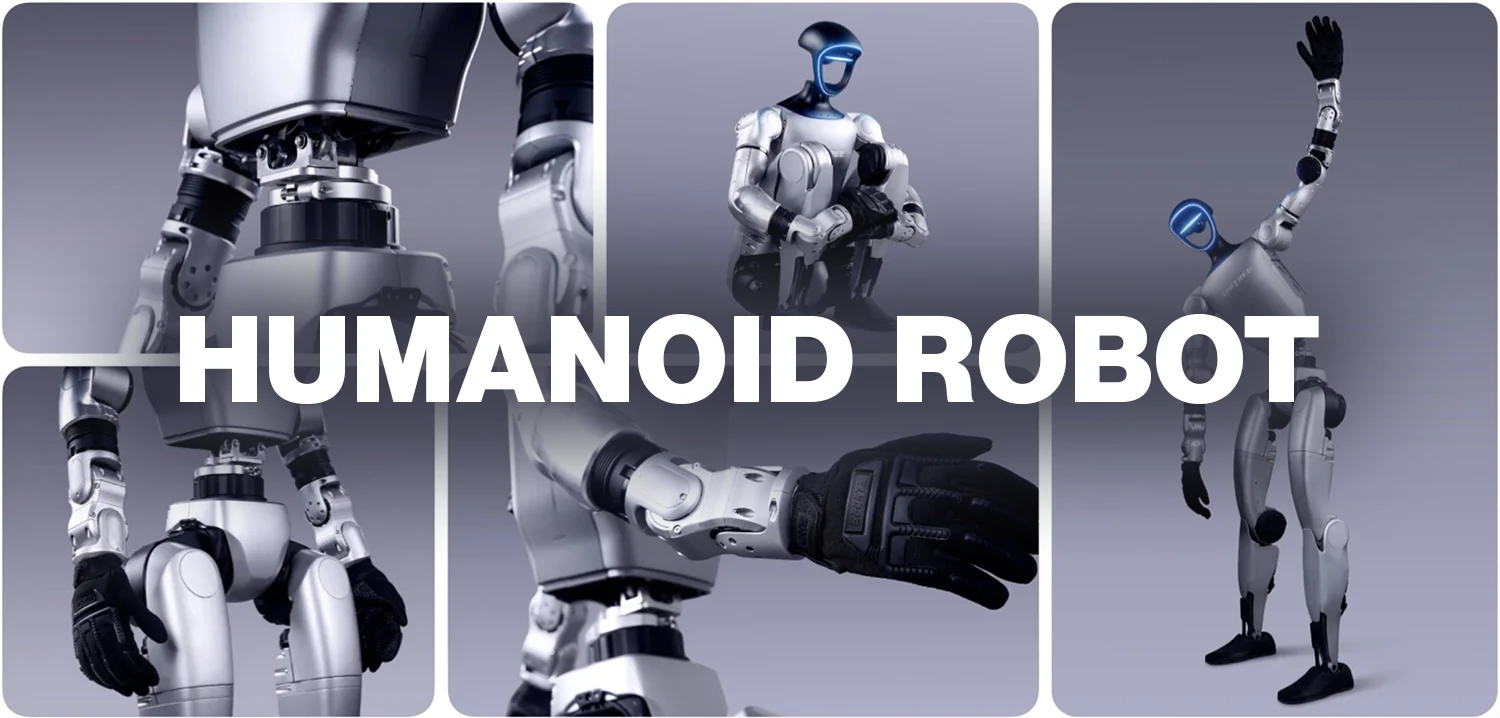OpenAI's Atlas: The Browser That Could Challenge Google's Chrome!

Imagine a world where your web browser knows you better than your best friend. That’s the ambition behind OpenAI’s bold step into the browser game with Atlas, a new web browser designed to take on Google’s Chrome. This move is more than just competition; it's about reshaping how we interact with the digital world.
OpenAI, the powerhouse behind ChatGPT, announced this game-changing release, aiming to become the go-to gateway for online searches as users increasingly rely on artificial intelligence for answers. With a staggering 800 million users under its belt, mostly accessing ChatGPT for free, the company is on a quest to transform its financial fate, grappling with challenges of profitability.
Atlas debuted on Tuesday, available for Apple laptops running macOS, with plans to expand to Microsoft Windows, iOS, and Android soon. This strategic expansion illustrates OpenAI’s intent to carve out a significant niche in the browser market, which has been largely dominated by Google.
Just months ago, an OpenAI executive hinted at a potential interest in acquiring Chrome, which could hint at the company’s aggressive ambitions in the tech landscape. However, U.S. District Judge Amit Mehta stymied that notion, ruling against the breakup of Google’s monopoly, citing the rapid evolution of AI as a game changer in competition.
Atlas faces an uphill battle, particularly against Chrome’s imposing three billion users and its integration of AI features from Google’s Gemini technology. Yet, history shows that new challengers can rise to prominence. When Chrome launched in 2008, it quickly captivated users with its speed and efficiency, ultimately toppling Internet Explorer, which had long ruled the roost.
In a similar vein, OpenAI could draw lessons from Chrome’s success as it steps into this daunting arena. It’s a classic tale of David versus Goliath, but with the exciting twist of AI-driven innovation. With another AI startup, Perplexity, launching its Comet browser earlier this year and expressing interest in Chrome, the browser wars are heating up in surprising ways.
So, as Atlas prepares for its debut, the question remains: can OpenAI’s new browser redefine how we search the web and interact with AI? One thing's for sure—this is just the beginning of a digital transformation that promises to alter our online experience dramatically.























